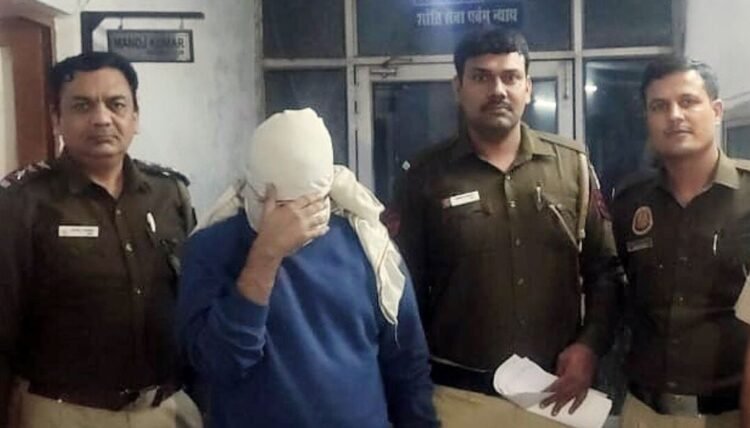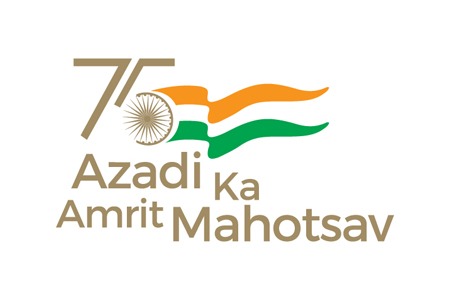New Delhi: Supreme Court on Tuesday stayed the proceedings before Punjab’s Hoshiarpur court in the alleged case of forgery and cheating filed against Sukhbir Singh Badal, Prakash Singh Badal and Daljit Singh Cheema in the controversy over dual constitution of Shiromani Akali Dal (SAD).
A bench comprising justices S. Abdul Nazeer and V. Ramasubramanian issued notice and stayed the proceedings in the criminal complaint before the Additional Chief Judicial Magistrate, Hoshiarpur.
A Hoshiarpur resident, Balwant Singh Khera, had filed a criminal complaint before the Additional Chief Judicial Magistrate in 2009 accusing SAD of submitting two different constitutions i.e. one with the Gurdwara Election Commission (GEC) and the second with the Election Commission of India (ECI) to seek recognition as a political party.
The petitioners — Sukhbir Singh Badal, Prakash Singh Badal and Daljit Singh Cheema – moved the apex court challenging the Punjab and Haryana High Court order, which rejected their plea seeking quashing of the complaint.
Senior advocate R.S. Cheema appeared for Sukhbir Singh Badal and senior advocate K.V. Viswanathan appeared for Prakash Singh Badal assisted by advocates from Karanjawala & Co. Advocate Sandeep Kapur appeared for Daljit Singh Cheema. The petitions were filed by Karanjawala & Co.
It was argued before the court that being religious does not run contrary to the principles of secularism and merely because a political outfit is contesting elections to a Gurdwara committee does not mean it is not secular. The criminal case with allegations of forgery and cheating over the constitution of the party filed before ECI and GEC (Gurdwara Election Commission) therefore has no basis.
The criminal complaint was premised on the allegation that the party has claimed to be a secular party and given a declaration to abide by the principles of secularism in its constitution filed before ECI while it contests elections for a religious body, Shiromani Gurdwara Prabandhak Committee, thereby being a religious party.
“The High Court failed to appreciate that the expression ‘allegiance to the principle of secularism’ in terms of Section 29- A (5) of the Act (The Representation of the People Act) has not been defined and a subjective view on what secularism means does not make being religious contradictory to the Act or amount to a penal offence,” said the plea filed by Sukhbir.
(IANS)













